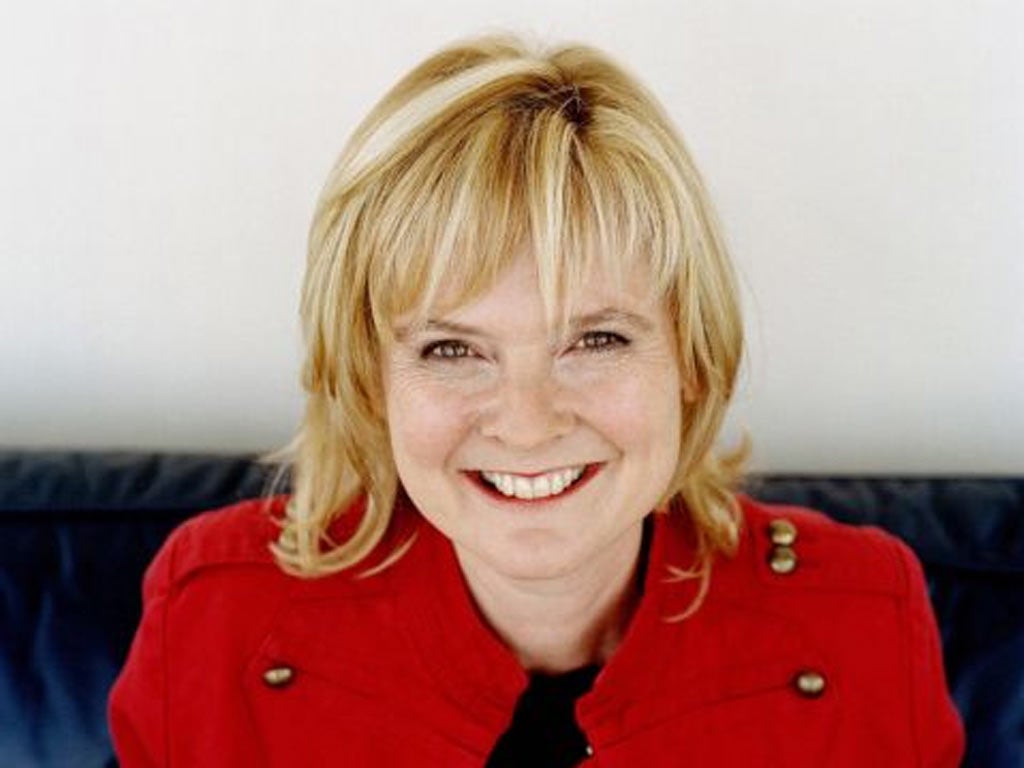The Week In Radio: Still the No 1 news show for a new world order

Your support helps us to tell the story
This election is still a dead heat, according to most polls. In a fight with such wafer-thin margins, we need reporters on the ground talking to the people Trump and Harris are courting. Your support allows us to keep sending journalists to the story.
The Independent is trusted by 27 million Americans from across the entire political spectrum every month. Unlike many other quality news outlets, we choose not to lock you out of our reporting and analysis with paywalls. But quality journalism must still be paid for.
Help us keep bring these critical stories to light. Your support makes all the difference.
There's a certain type of listener that organises their day around what's on the radio. The Today programme might haul them out of bed on a weekday morning and see them through breakfast and ablutions, while lunch might be accompanied by Jeremy Vine declaiming about cuckolding vicars. For me, Friday evenings aren't complete without a glass of wine and the sound of Jonathan Dimbleby on Any Questions quietly banging his head on the desk at being called David for the 874th time.
Mess with the radio schedules and you mess with the natural order of things. It can cause our circadian rhythms to go haywire. Never mind the killer viruses and tidal waves depicted in modern-day disaster movies. Shift the Today programme by a few hours and the consequences would be apocalyptic. It would be like the opening scene of 28 Days Later. The streets would be empty; society would collapse.
If the country didn't quite fall apart with the announcement that the venerable lunchtime institution World at One would go from a half-hour to a 45-minute daily broadcast, there was a sizeable swathe of listeners, many of whom could be heard huffing down the phone on Feedback, who were very cross at this imposed shift in the pattern of their day.
But while you could understand their dismay, you can also sympathise with World at One and its increasingly desperate efforts to cram current news events into a slot created in innocent times (well, the late Nineties) when all we had to worry about was melting ice caps and whether Starbucks coffees were getting too big.
Take the current eurozone crisis. Given that my comprehension of my tax bill usually rests on my accountant explaining it using apples and bananas, conveying Europe's economic problems so that I can understand it is going to take more than half an hour. Then again, the BBC business editor Robert Peston's position at the forefront of any economic discussion might have had a greater impact on the decisions of schedulers, given the extra time required to accommodate his elongated vowel sounds.
So what did the all-new, extended World at One bring us? In the first episode, it tried to woo doubters with a Bill Gates interview in which the usually unflappable Martha Kearney came over all unnecessary in the face of such unadulterated wealth and power, and a conversation with Ai Weiwei. But just when you started to worry that they were simply trying to dazzle us with famous cultural dissidents and munificent gazillionaires, there was a debate, spread over two days, about youth unemployment with the work and pensions secretary Iain Duncan Smith, broadcast from the Pembury estate in Hackney.
Duncan Smith was audibly moved by the difficulties facing working-class Londoners, at one point all but promising to personally find a job for one articulate but dispossessed young man. In terms of highlighting inner-city deprivation, Panorama couldn't have done any better.
World at One would, of course, have been unable to accommodate such a debate within its old half-hour slot. While objectors to the new scheduling arrangements have argued that radio is already awash with news programmes, from Today and PM on Radio 4 to the rolling news and sport behemoth that is 5 Live, each has a different style and function. World at One's job has always been to bring a level of depth clarity to selected news issues without recourse to hysteria or hectoring, and now, with these issues being ever more complex and fast-moving, it has the time to do this.
Join our commenting forum
Join thought-provoking conversations, follow other Independent readers and see their replies
Comments